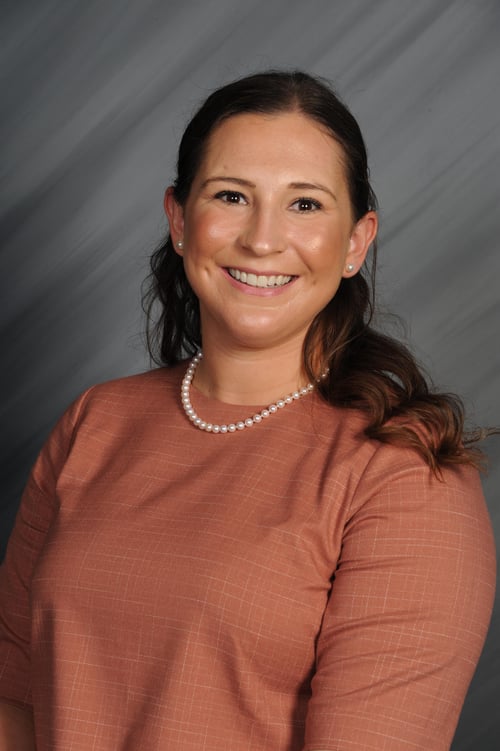
Anxiety is a normal part of life, but when it becomes overwhelming or interferes with daily activities, it may be a sign of an anxiety disorder, especially in children and teens.Anxiety disorders are the most common mental health conditions in young people. These disorders can affect how children think, feel, and act, and may impact school performance, relationships, and overall well-being.
What Is Anxiety?
Anxiety is the body’s natural response to stress or perceived danger. For children and teens, it's normal to feel anxious before a big test or trying something new. However, when these feelings persist, are out of proportion to the situation, or cause avoidance behaviors, it may signal an anxiety disorder. Common types include generalized anxiety disorder, social anxiety disorder, separation anxiety, and specific phobias.
Signs and Symptoms
Parents and caregivers should watch for signs such as constant worry, trouble sleeping, difficulty concentrating, irritability, fatigue, headaches, or stomachaches without a clear cause. Teens might avoid social situations or show a drop in school performance. In younger children, clinginess, tantrums, or refusal to go to school can be indicators.
Causes and Risk Factors
Anxiety can result from a combination of genetic, environmental, and psychological factors. Children with a family history of anxiety or other mental health conditions are at increased risk. Stressful life events: moving, divorce, or bullying, can also trigger anxiety symptoms. Even academic pressure and social media exposure can contribute. If anxiety is interfering with your child’s daily life, it’s important to seek help.
Treatment and Support
Anxiety is treatable. Cognitive-behavioral therapy is one of the most effective approaches and helps children learn how to manage their thoughts and reactions. In some cases, medication may also be recommended. Support at home such as maintaining routines, encouraging open communication, and modeling healthy coping skills is essential.
Conclusion
Anxiety in children and teens is common but manageable. Recognizing the signs and getting professional help early can support a healthier, happier future.
Dr. Scarlett Reed is a resident physician who sees patients of all ages and provides obstetrical services at Lone Star Family Health Center, a non-profit 501©3 Federally Qualified Health Center operating facilities in Conroe, Spring, Willis, Grangerland, and Huntsville, and serving as home to a fully integrated Family Medicine Residency Program to increase the number of Family Medicine physicians for Texas and our community.



